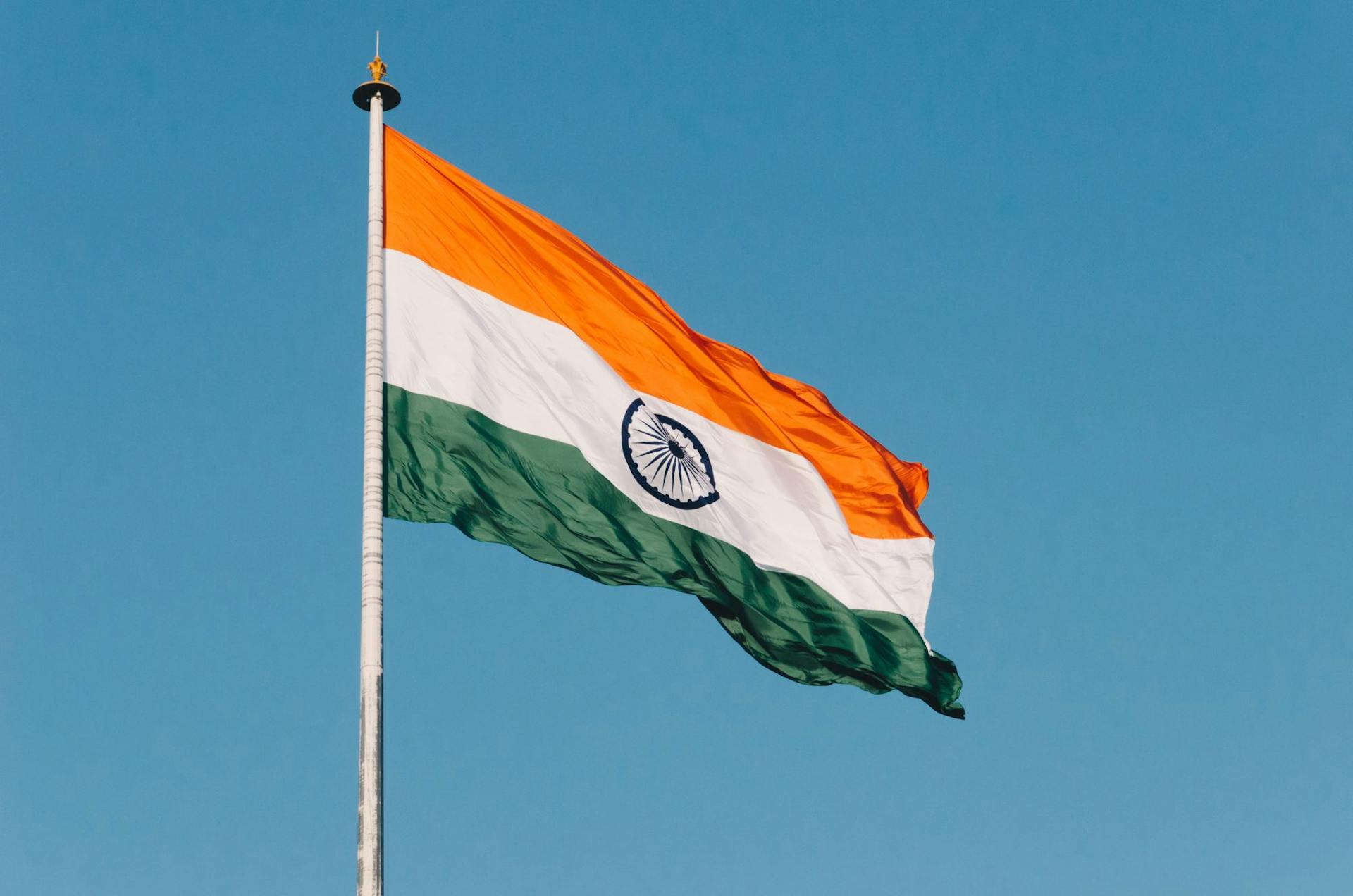Indian Women Rally for Gender Equality with 385 Mile Human Chain
updated on Jan 2, 2019

Women in the Southern Indian State of Kerala have formed a 385 mile (620km) human chain “in support of gender equality”
The “Women’s wall”, as reported by the BBC, was organised by the state of Kerala’s left-wing coalition government to support gender equality. The movement which took place on 1 January 2019 amidst rows over access to a prominent Hindu temple.
Around 3 million women were expected to attend the short protest, however, officials told BBC Hindi reporter Imran Qureshi that around 5 million women gathered across national highways. The human chain stretched from the northern tip of Kasaragod to the southern end in Thiruvanthapuram.
This is how small town Kayamkulam took part of #WomenWall today. I traveled from Krishanapuram to Kayamkulam NH stretch. Surprisingly, the presence of women is almost double to actually required. The question when this land will really be able to stand up against the system. pic.twitter.com/e2QDZop8Tu
— T Sudheesh (@sudheeshdc) January 1, 2019
The short demonstration is reported to have been organised to combat inequality faced by Indian women, as well as to counter the efforts of right-wing groups supporting the ban of women.
Sabarimala, a prominent Hindu temple thought to be over 800 years old, is considered to be the spiritual home of Lord Ayyappa, a Hindu god of growth. The site of one of the largest annual pilgrimages in the world, each year millions make the journey to the temple. Historically women have been barred from making the pilgrimage or approaching the temple.
Officials in the southern #Indian state of #Kerala say 5 million women formed a 620km (385-mile) human chain "in support of gender equality", amid a row over access to a prominent Hindu temple. #WomenWallKeralahttps://t.co/fSg6S0cSMJ
— Mona Eltahawy (@monaeltahawy) January 1, 2019
In October 2018, India’s Supreme Court ruled that women should be allowed to worship at the Sabarimala shrine following a petition that argued the long-running custom banning women of menstruating age (outlined as those aged 10-50) violated gender equality. The decision came after a decades-long battle to overturn the ban on women.
Bharatiya Janata Party (BJP), India’s ruling party, have argued that the Supreme Court decision is an attack on traditional Hindu values. Hinduism regards menstruating women as unclean, barring them from participating in some religious rituals. However, most temples allow women to enter as long as they are not menstruating.
Protestors against the decision to allow women to enter the temple have argued that the ban on women entering Sabarimala isn’t solely about menstruation, but is in keeping with the wish of the temple’s deity, Lord Ayappa. According to the temple’s mythology, Lord Ayappa is an avowed bachelor who has taken an oath of celibacy.
Something Beautiful is happening in Kerala right now. You're witnessing history. Women standing in solidarity with each other fighting for our rights. Should happen in all states. 2019 is lit. #WomensWall #Respect
— Priyanka (@autumnrainwish) January 1, 2019
Since the overturning of the ban on women at Sabarimala, few have tried to enter the temple due to mass protests. Those who have attempted to approach have been met with violence and mass protests, forcing them to turn back. When two women attempted to approach the temple in October with over 100 police protecting them from stone-throwing protestors, they were forced to turn back just 3 miles (5km) from the entrance.
According to the latest reports from CNN, following yesterday’s demonstration, two women are thought to have become amongst the first women to access the shrine at 3.45am this morning. The temple was reportedly closed following the visit to allow priests to purify the site. The Supreme Court is scheduled later this month to hear petitions to revise its order allowing women access.
One demonstrator, Kavita Das, told BBC Hindi: “This is a great way of saying how powerful women are, and how we can empower ourselves and help each other.
“Of course, I support the move to allow women of all ages into the temple. I don't think tradition or any kind of backwardness should stop women. Those who want to pray must have the right to pray.”

